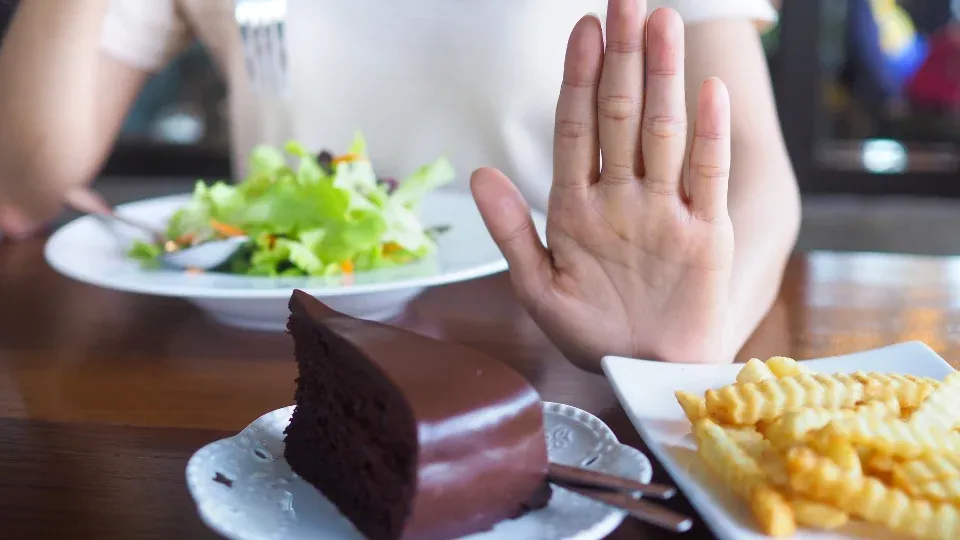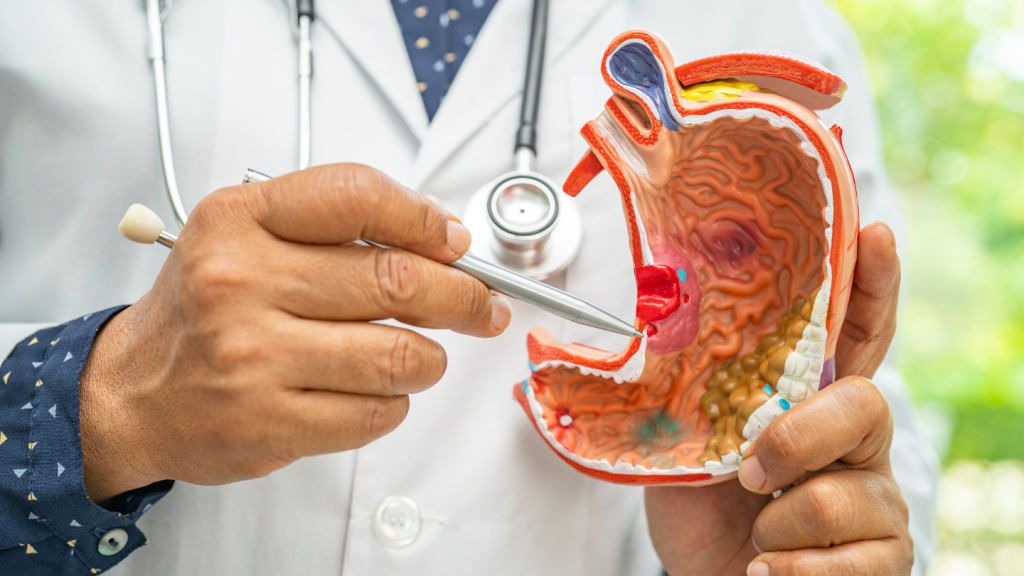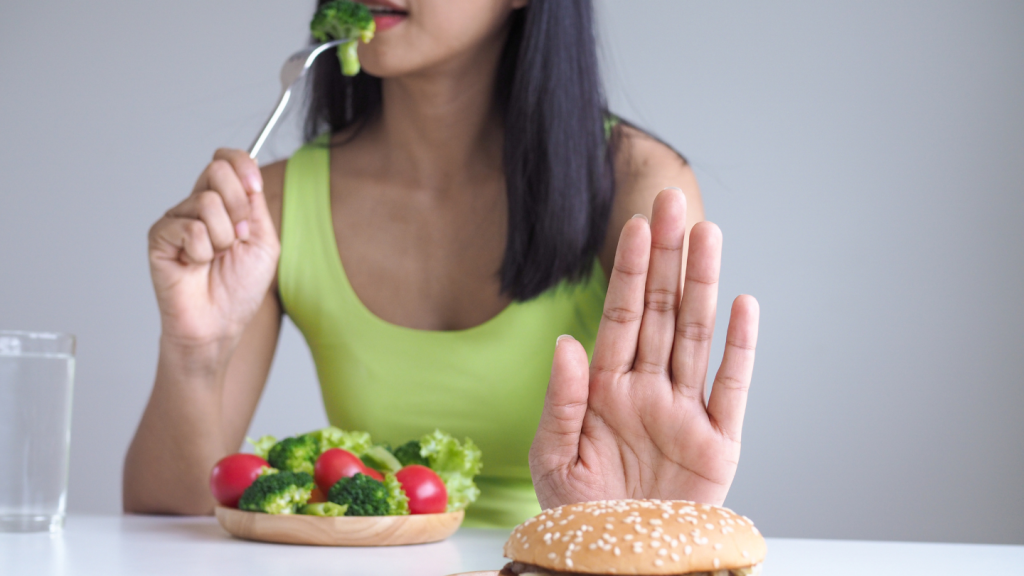
What Can You Never Eat Again After Gastric Bypass? Top 6 Foods to Avoid
Weight loss surgery changes more than your stomach size; it transforms the way you eat for life. Patients often ask what can you never eat again after gastric bypass, worried about losing favorite foods or dealing with painful side effects. While it’s true that dietary changes are permanent, they are also necessary for health, safety, and long-term weight management. Understanding the foods that must be avoided, why they pose risks, and how to make substitutions is the key to a sustainable diet after gastric bypass.
Understanding Gastric Bypass Surgery
Gastric bypass works by creating a small stomach pouch and rerouting part of the digestive tract. This reduces how much food you can eat at once and changes how nutrients are absorbed. Because of these alterations, certain foods can no longer be tolerated. The things you can’t eat after gastric bypass are not simply inconvenient; they can cause discomfort, dumping syndrome, or even serious medical complications. Patients often find it helpful to understand how long gastric bypass surgery takes when preparing for the lifestyle and recovery changes that follow.
Why Diet Discipline Matters After Surgery
The diet after gastric bypass is structured in phases, starting with clear liquids and gradually progressing to pureed, soft, and then solid foods. This staged approach allows the stomach and digestive system to heal. Once patients reach the solid food stage, long-term restrictions begin. Ignoring these rules can result in nausea, vomiting, nutritional deficiencies, and weight regain. Knowing what can you never eat again after gastric bypass is not about punishment; it’s about protecting your body from harm and ensuring lasting results while emphasizing that gastric bypass is a safe and effective procedure with proper care.
Top 6 Foods to Avoid After Gastric Bypass

1. High-Fat Meats
Fatty cuts of beef, fried chicken, and processed meats are difficult to digest and provide little nutritional value. After surgery, the body struggles with greasy foods, leading to cramps, diarrhea, or severe discomfort. Lean protein sources such as skinless poultry, fish, and legumes should be the mainstay of the diet.
2. Sugary Foods
Sugary snacks and desserts top the list of foods to avoid after gastric bypass because they often trigger dumping syndrome. This reaction occurs when high-sugar food moves too quickly into the small intestine, causing nausea, cramping, sweating, and diarrhea. Patients sometimes ask can you eat ice cream after gastric bypass or can you eat ice cream after bariatric surgery, but the high sugar and fat content usually make it a poor choice. Small portions of naturally sweet foods like fruit or sugar-free yogurt are better alternatives. Some also wonder about treats like popcorn, and understanding whether you can eat popcorn after gastric bypass helps prevent painful blockages and digestive distress.
3. Alcohol
Alcohol has a more dramatic effect after gastric bypass. Because of the altered digestion, alcohol is absorbed faster, leading to quicker intoxication and a greater impact on the liver. Beyond the immediate effects, it also contributes empty calories that can sabotage weight loss goals. Most surgeons advise avoiding alcohol completely.
4. Dry Foods
Foods like dry bread, rice, and tough meats can easily get stuck in the smaller stomach pouch, creating painful blockages. Patients often ask can I eat ritz crackers after gastric bypass, but crackers and other dry foods can expand with liquid, causing discomfort. If consumed at all, they must be paired with moisture and eaten in very small portions, though many patients choose to avoid them altogether.
5. Caffeinated and Carbonated Drinks
Caffeine can irritate the stomach lining and contribute to dehydration, while carbonated drinks stretch the stomach pouch and increase gas. Both can cause discomfort and hinder recovery. Water, herbal tea, and diluted fruit juices are far safer options.
6. Dairy Products
For some patients, lactose intolerance develops after surgery. This makes milk and certain dairy products difficult to digest, leading to bloating, cramps, and diarrhea. Patients frequently ask can you drink milk after gastric bypass, and the answer depends on individual tolerance. Lactose-free milk or plant-based alternatives often provide a solution.
Safe Foods and Long-Term Diet Principles
The goal of the diet after gastric bypass is to ensure nutrition without triggering complications. Patients are encouraged to build meals around lean proteins, cooked vegetables, whole grains, and fiber-rich foods. Portion control is crucial, as overeating, even healthy foods, can stretch the pouch and cause pain. Eating slowly, chewing thoroughly, and avoiding liquids during meals help maximize comfort and nutrient absorption. Managing intake with these habits is key to supporting expected results, particularly when considering how much weight I will lose after gastric bypass as part of long-term success.
Complications of Ignoring Dietary Guidelines
Patients who test their limits with things you can’t eat after gastric bypass may experience a range of issues. Dumping syndrome is the most immediate problem, but repeated exposure to unhealthy foods can lead to ulcers, esophageal irritation, or severe nutrient deficiencies. Vitamin B12, iron, and calcium deficiencies are especially common when diet discipline slips. Long-term, weight gain is possible if high-calorie, low-nutrient foods become a habit again. Some patients also inquire about alternative procedures, making it valuable to understand whether you can get a lap band after a gastric bypass when considering revisions or additional interventions.
Read More: A Closer Look at Ulcer Management Post-Gastric Bypass Surgery
Can You Ever Eat Normally Again?

One of the most common questions is whether patients can return to a normal diet. The answer depends on how you define “normal.” The list of what can you never eat again after gastric bypass doesn’t mean patients are deprived; it means they adopt a new normal. Lean proteins, vegetables, and whole foods replace fast food, fried snacks, and sugary desserts. It may take time to adjust, but most patients report feeling healthier and more energetic once these changes are embraced.
Read More: Gastric Bypass & Gastric Sleeve: Recovery Time To Get Back To Work
Final Thoughts
Life after gastric bypass requires commitment to healthier eating patterns. Patients must permanently give up certain foods to avoid complications, maintain weight loss, and support overall health. Knowing what can you never eat again after gastric bypass helps set realistic expectations and keeps recovery on track. The long-term reward is not restriction but freedom, freedom from obesity-related illness and improved quality of life.
For individuals considering or recovering from gastric bypass, expert guidance is essential. Ascension Saint Agnes Bariatric Surgery provides comprehensive care that includes surgical expertise, nutritional counseling, and long-term support to ensure safe, lasting results. Their team also specializes in sleeve gastrectomy, bariatric revision surgery, robotic surgery, and hernia surgery, offering advanced solutions for effective weight management and surgical care. Contact us today to learn more or schedule a consultation.
Frequently Asked Questions
What foods should I permanently avoid after gastric bypass?
Patients should avoid high-fat meats, sugary foods, alcohol, dry or dense foods, caffeinated and carbonated drinks, and dairy products that cause intolerance. These items can trigger dumping syndrome, discomfort, or nutrient malabsorption.
Why are sugary foods dangerous after gastric bypass?
Sugary foods can cause dumping syndrome, a rapid emptying of the stomach into the intestines that leads to nausea, cramping, and diarrhea. They also contain empty calories that hinder long-term weight loss results.
Can I drink alcohol after gastric bypass surgery?
Alcohol should be avoided entirely. After gastric bypass, it’s absorbed much faster, leading to rapid intoxication, liver strain, and excess calorie intake that can slow or reverse weight loss progress.
What happens if I eat restricted foods after surgery?
Ignoring dietary restrictions can lead to pain, nausea, vomiting, blockages, or severe nutrient deficiencies. Over time, it may cause pouch stretching, ulcers, and weight regain.
Will I ever be able to eat normally again?
While you won’t return to pre-surgery eating habits, you’ll establish a new, healthier normal. With time, your diet will include lean proteins, vegetables, and whole foods that support long-term wellness and sustained weight management.